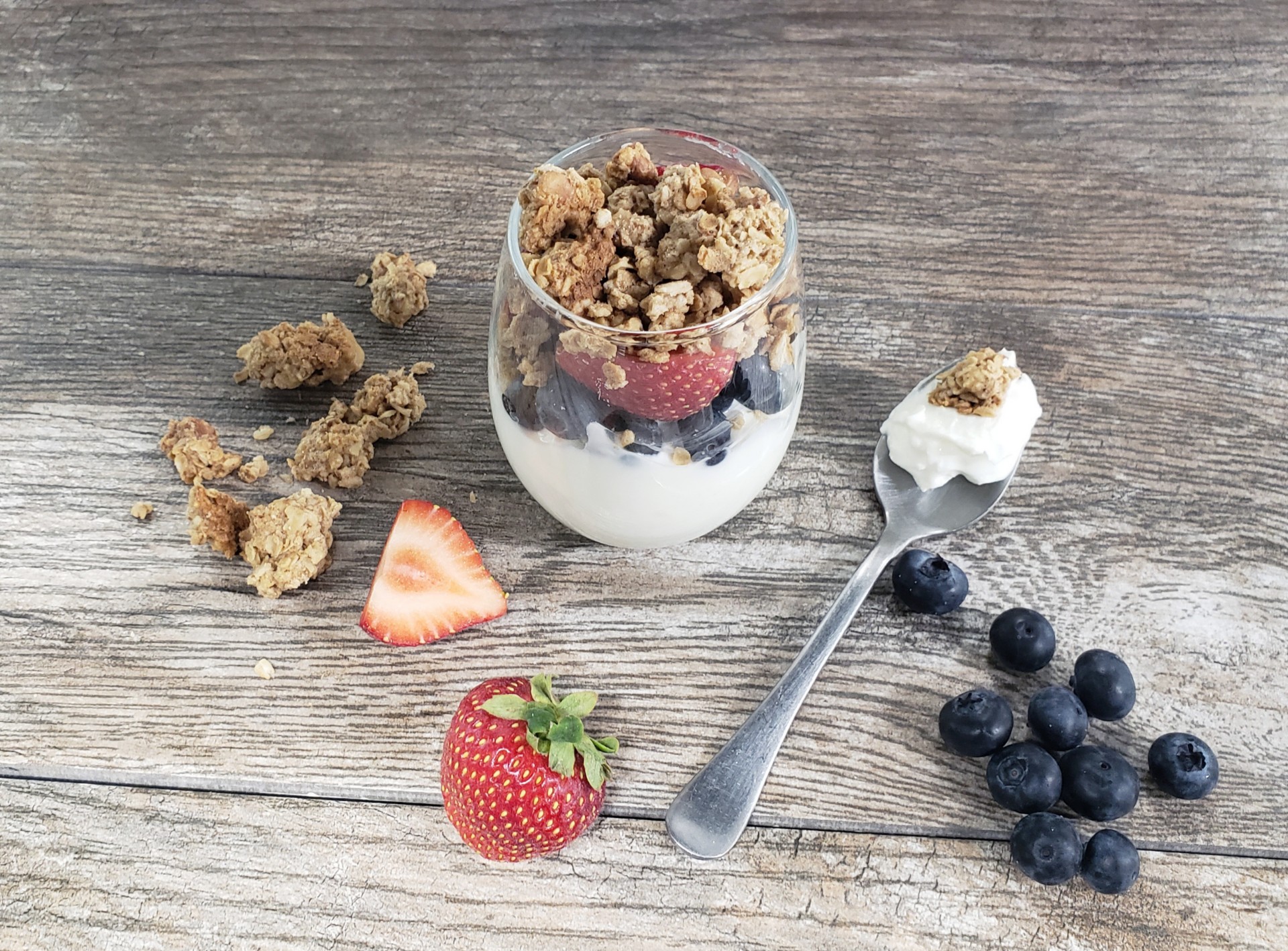
Have you ever observed that you can’t think clearly, you’re agitated and in a foul mood, and you’re experiencing excessive tension or anxiety (or the opposite)? All of these elements result from the gut-brain connection. Many people are unaware of this crucial relationship and the fact that the gut is actually regarded as the second brain. A troubled intestine can convey messages to the brain, a person who is experiencing stomach distress may also experience the product of stress, depression, or anxiety. Many people with gut disorders like IBS perceive pain more acutely than others do because their brains are more responsive to pain signals from the GI tract. As a result, stress can make the already existing discomfort significantly worse.
Studies have shown that a higher than normal percentage of people with IBS and functional bowel problems develop anxiety and depression which is important because up to 30 to 40 percent of the population has functional bowel issues at some point. The enteric nervous system is the name given by scientists to the brain located in your gut (ENS). The primary function of the ENS is to regulate digestion, which includes swallowing to release the enzymes that break down food which controls blood flow that aids in nutrient absorption and excretion. The ENS may trigger big emotional shifts by people coping with disorders like IBS or other functional bowel problems like constipation or bloating.
Given everything mentioned, these are some foods and lifestyle habits you can incorporate to help with gut health:
- Eat probiotic foods- Probiotic foods boost good gut bacteria and have live bacteria in them, eating them supplies your gut with these supportive microorganisms. Probiotic-rich foods include yogurt and kefir with live and active cultures(if vegan, probiotic coconut yogurt), kimchi, sauerkraut, kombucha, apple cider vinegar(make sure not to consume on its own), fermented pickles, etc. you can also take probiotic supplements.
- Eat prebiotic foods- Eating prebiotic meals will nourish your gut flora and support the good bacteria in your stomach. Flax seeds, chia seeds, whole grains, legumes (peas, chickpeas, lentils, etc.), and vegetables like asparagus and artichokes are examples of prebiotic foods.
- Exercise and stay active- Exercise and maintaining an active lifestyle on a daily basis can improve gut health by boosting the population of good bacteria and lowering stress levels. Even light exercise, such as yoga or walking, can enhance your general health and keep you moving.
- Hydrate- Hydration is very important, yet so many people overlook it throughout the day. Water helps the body process and break down food, which aids in digestion and the prevention of constipation. According to health professionals, you need at least half a gallon every day.
- Get adequate sleep- Stress, which we know has a significant impact on the gut, can be caused by a lack of sleep. This may result in issues including gas, discomfort in the stomach, swelling, and food sensitivities. Children between the ages of 6 and 13 require roughly 10 to 13 hours of sleep per day; adolescents between the ages of 14 and 17 require 8 to 10 hours; most adults require 7-9 hours; and older adults 65 and older require 7-8 hours.
- Reduce stress and practice stress management techniques- Stress is a natural part of life, but too much of it can negatively impact a person’s health and daily activities. Because the brain and the gut are inextricably linked, having high levels of stress all the time causes the gut to function badly. Stress stops your intestines from functioning properly. Due to the bad influences in our lives, the physical and emotional suffering we experience, or even just chemical imbalances, this may be the most difficult item to adopt. Deep breathing, exercise, meditation, mindfulness, proper sleep, listening to music, and spending time with loved ones are some strategies you can use to lower your stress levels.
It’s crucial to comprehend how your body works and how many of its components are interconnected in ways that most people are unaware of. You must take emotions into account and figure out what is best for your stomach and the rest of your body in order to mend a disturbed gut.
https://www.health.harvard.edu/diseases-and-conditions/the-gut-brain-connection
https://www.hopkinsmedicine.org/health/wellness-and-prevention/the-brain-gut-connection










